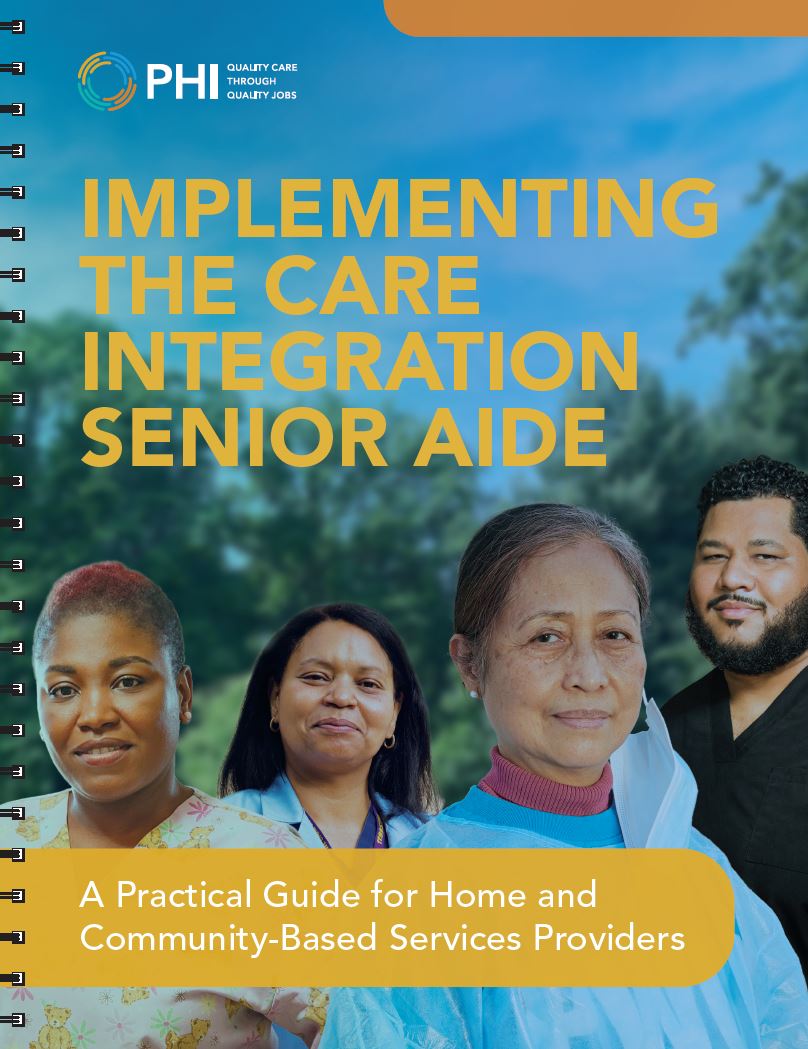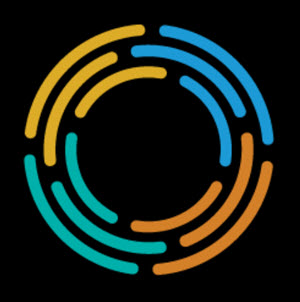Throughout our history, PHI has worked to expand advancement opportunities for direct care workers by maximizing their contributions to health care and building new rungs in the field’s typically underdeveloped career ladder.
Practices that build skills, augment job responsibilities, and increase compensation for these workers improve retention in the long term. Advanced roles allow employees to grow in their careers, and contributing to their organizations in new ways helps them sustain a sense of progress and advancement.
Care Connections Senior Aides
Opportunities for career advancement are important in creating better direct care jobs. Advanced roles can also provide new ways for a provider to stabilize the care environment for its clients. Most recently, PHI, in collaboration with a managed long-term care plan and three home care agencies in New York City, created a first-of-its-kind model of career advancement to promote experienced home care workers to serve in “Care Connections Senior Aide” roles. Empowered with advanced training, these aides provide coaching and support for home care workers and family caregivers while also serving as a resource for a client’s interdisciplinary care team. Building on the senior aide’s own home care experience, these aides help agencies strengthen monitoring and communication about client conditions, with the aim of reducing preventable complications and hospital readmissions. In collaboration with providers, PHI can replicate this approach to prepare workers for senior aide positions supporting aides, clients, and care teams.
Internal Career Ladders
PHI can support long-term care providers to create internal career ladders for their direct care workforce, helping to augment the attractiveness of these jobs while supporting organizational effectiveness. Establishing internal career ladders can contribute to an agency’s overall business goals by bringing workers who are experienced caregivers into operational roles. Examples of advanced career ladder roles for direct care workers that providers have developed with PHI include: Assistant Trainers, Peer Mentors (office- and field-based staff), and Assistant Coordinators. These positions help employers reduce aide turnover, support case coordination, strengthen entry-level workforce and in-service training, support administrative functions, and enhance consumer services.









